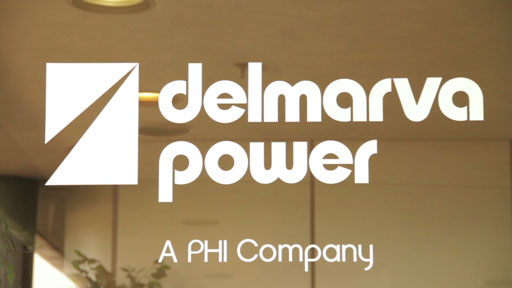I know I’m late to this — it was in the NJ in late May — but I keep thinking about this and wonder WHY exactly this is:
Delmarva is currently banned from providing help with home efficiency upgrades, with the SEU designated as the primary provider in this regard. Rather than reaching 1,500 homes, the SEU could reach 30,000 homes by involving Delmarva Power in the program’s execution, O’Mara said. The bill would also allow utilities to credit some energy efficiency toward their renewable power purchase requirements after a utility achieved a full 15 percent reduction in overall energy usage through efficiency measures.
So the kind of programs that other utilities are able to offer (some of the California ones are amazing) that might help a larger group of Delawareans conserve more energy are specifically banned — and banned in favor of a smaller organization that can’t meet the need. Why is that?
Under the bill, Delmarva could offer customers help in making energy-saving upgrades to their homes, which would be paid for by the energy savings. A utility can reach more people, rather than a small nonprofit like the SEU trying to recreate that infrastructure by using contractors, O’Mara said.
“The SEU as a small nonprofit will struggle to reach tens of thousands of households,” O’Mara said.
In other places, utilities use incentive programs to help consumers to conserve energy and/or use more renewables. Some of that is a calculation that more efficient use of energy by consumers reduces the need to upgrade/expand the grid, saving on some capital costs. In some places, the utilities have air quality attainment goals — conservation reduces overall production emissions and these companies can get some attainment credit for reducing emissions via conservation. Early on, California utilities had one of the most aggressive conservation programs I’d ever seen. They were a source of everything from florescent bulbs to energy audits to very cheap financing for installations of solar or thermal systems at both homes and businesses. They even had low-income programs. Now, the California Solar Initiative is funded by ratepayers, but is offering rebates for some installations. There are other programs out there too — and most of them co-exist with state, local or even non-profit programs.
If we’re interested in energy conservation, including Delmarva in this space should be even better for consumers, right?
